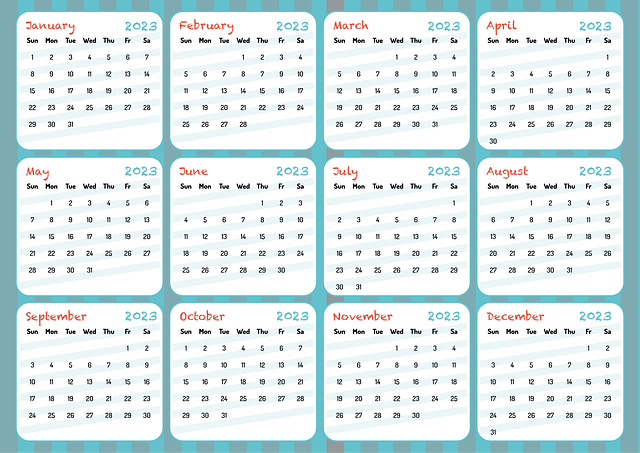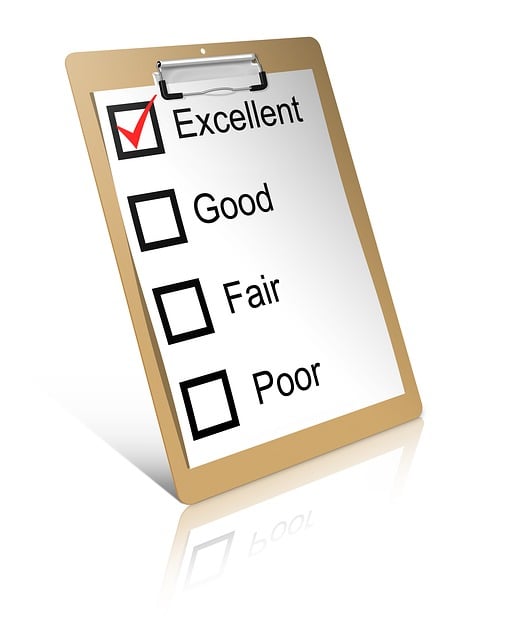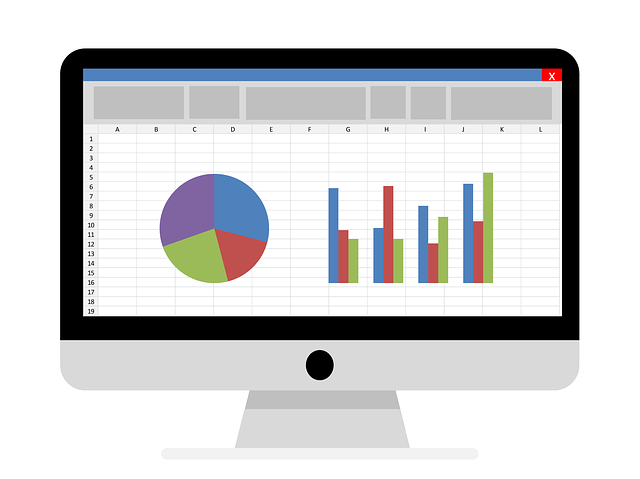Understanding your current financial situation is crucial for effective money management in South Africa, especially navigating complex economic environments. The Financial Planning Checklist for South Africans emphasizes gathering relevant information, categorizing income and expenses, setting goals based on urgency and importance, and regularly reviewing plans. Creating a budget, automating savings, diversifying investment options (including stocks and bonds), integrating risk management strategies, and securing adequate insurance are fundamental steps to achieve long-term financial stability and security.
Creating a robust financial plan is essential for achieving economic security and reaching your goals. This comprehensive guide serves as your Financial Planning Checklist South Africa, walking you through every step from understanding your current situation to managing risks. We’ll explore practical strategies like tracking income and expenses, setting realistic targets, building a budget, saving effectively, and navigating investing options tailored to the South African landscape. Get ready to take control of your financial future.
- Understanding Your Financial Situation: Tracking Income and Expenses
- Defining Short-Term and Long-Term Financial Goals
- Building a Budget: Controlling Your Cash Flow
- Saving Strategies: Growing Your Money
- Investing Options in South Africa: Stocks, Bonds, and More
- Risk Management and Insurance: Protecting Your Finances
Understanding Your Financial Situation: Tracking Income and Expenses

Understanding your current financial situation is a crucial step in creating a solid financial plan, especially for those looking to manage their money effectively and achieve long-term goals. In South Africa, where financial planning can be complex due to various economic factors, tracking income and expenses becomes an essential part of this process. Start by gathering all relevant information about your regular earnings, investments, and assets. This includes salary slips, bank statements, investment portfolios, and any other financial documents.
Once you have these, categorise your income and expenses to get a clear picture. Record every incoming payment and outgoing cost for a specific period, typically a month, to create a detailed budget. Identify fixed expenses like rent or mortgage payments, insurance, and utility bills, as well as variable costs such as groceries, entertainment, and dining out. This financial planning checklist will help you make informed decisions, set realistic goals, and take control of your money in the South African context.
Defining Short-Term and Long-Term Financial Goals

When embarking on your financial planning journey in South Africa, defining short-term and long-term goals is a crucial step. Short-term goals are those that you aim to achieve within a year or two. Examples include saving for a holiday, purchasing a new car, or clearing high-interest debt. These goals require immediate attention and a clear strategy to ensure success. On the other hand, long-term financial goals stretch beyond two years and could span up to a decade or more. This might include saving for your child’s education, buying a property, or planning for retirement. Creating a financial plan in South Africa involves balancing these short-term needs with long-term aspirations, ensuring that both are realistically achievable.
A Financial Planning Checklist for South Africans could start by evaluating your current financial situation, including income, expenses, and existing debt. From there, prioritize goals based on their importance to you and the time it will take to accomplish them. Regularly reviewing and adjusting your plan is essential, especially as life circumstances change. This proactive approach allows you to make informed decisions, manage unexpected events, and ultimately achieve financial security in line with your vision for the future.
Building a Budget: Controlling Your Cash Flow

Creating a budget is a crucial step in your financial planning checklist South Africa. It’s your roadmap to managing your money effectively and achieving financial goals. Start by tracking your income, which includes salaries, investments, or any other revenue sources. Then, list all your expenses, categorising them into fixed (like rent, insurance) and variable (groceries, entertainment).
This will give you a clear picture of where your money is going. The goal is to ensure that your total expenses don’t exceed your income, creating a positive cash flow. Use budgeting tools or spreadsheets to automate this process and make adjustments as needed. Remember, a well-crafted budget empowers you to take control of your finances, making it easier to save for the future and prepare for unexpected events.
Saving Strategies: Growing Your Money

Saving strategies are a crucial part of your financial planning checklist in South Africa, as they help you grow your money and achieve long-term financial goals. One effective method is to automate your savings by setting up regular transfers from your salary or bank account into dedicated savings accounts. This ensures consistent saving without any extra effort. Consider splitting your savings into different categories like emergency funds, short-term goals, and long-term investments.
Diversifying your savings is another key strategy. Explore various savings options such as fixed deposits, investment accounts, or even peer-to-peer lending to earn interest on your money. Additionally, take advantage of tax-efficient savings plans offered by financial institutions in South Africa. Regularly reviewing and adjusting your savings strategies will enable you to make informed decisions, align with your financial goals, and ultimately grow your wealth over time.
Investing Options in South Africa: Stocks, Bonds, and More

When it comes to investing in South Africa, individuals have several options to consider as part of their financial planning checklist. One popular choice is stocks, which represent ownership in a company. Investing in stocks can offer the potential for high returns, but it also comes with higher risk. Diversifying your portfolio by considering various sectors and industries can help mitigate this risk.
Another common investment option in South Africa are bonds. These are debt instruments issued by governments or corporations, offering a more stable and predictable income stream compared to stocks. Bonds are generally considered lower-risk investments, making them an appealing choice for conservative investors or those nearing retirement. A balanced approach in your financial planning checklist might involve a mix of stocks and bonds, tailored to your risk tolerance and financial goals.
Risk Management and Insurance: Protecting Your Finances

When crafting a financial plan, it’s essential to consider risk management and insurance as integral components. Risk management involves assessing potential threats to your finances and implementing strategies to mitigate those risks. In South Africa, where economic landscapes can vary widely, this might include diversifying investments, ensuring emergency funds cover at least 3-6 months of living expenses, and regularly reviewing debt levels. Insurance plays a crucial role in financial planning by providing a safety net during unforeseen circumstances.
A comprehensive Financial Planning Checklist for South Africans should include evaluating your existing insurance policies and considering additional coverage where necessary. This could range from life insurance to protect dependents, health insurance to cover medical costs, disability insurance for income protection, to property insurance for safeguarding assets. Regularly updating these policies as your financial situation and personal circumstances change is key to maintaining robust financial security.
Creating a solid financial plan is a journey that involves understanding your current situation, setting goals, and strategically managing your money. By tracking income and expenses, defining short-term and long-term goals, building a budget, saving wisely, exploring investment options in South Africa, and ensuring adequate risk management and insurance, you can take control of your financial future. Remember, a well-crafted Financial Planning Checklist South Africa is tailored to your unique circumstances and regularly updated to adapt to life’s changes. Embrace the process and reap the rewards of financial stability and growth.







